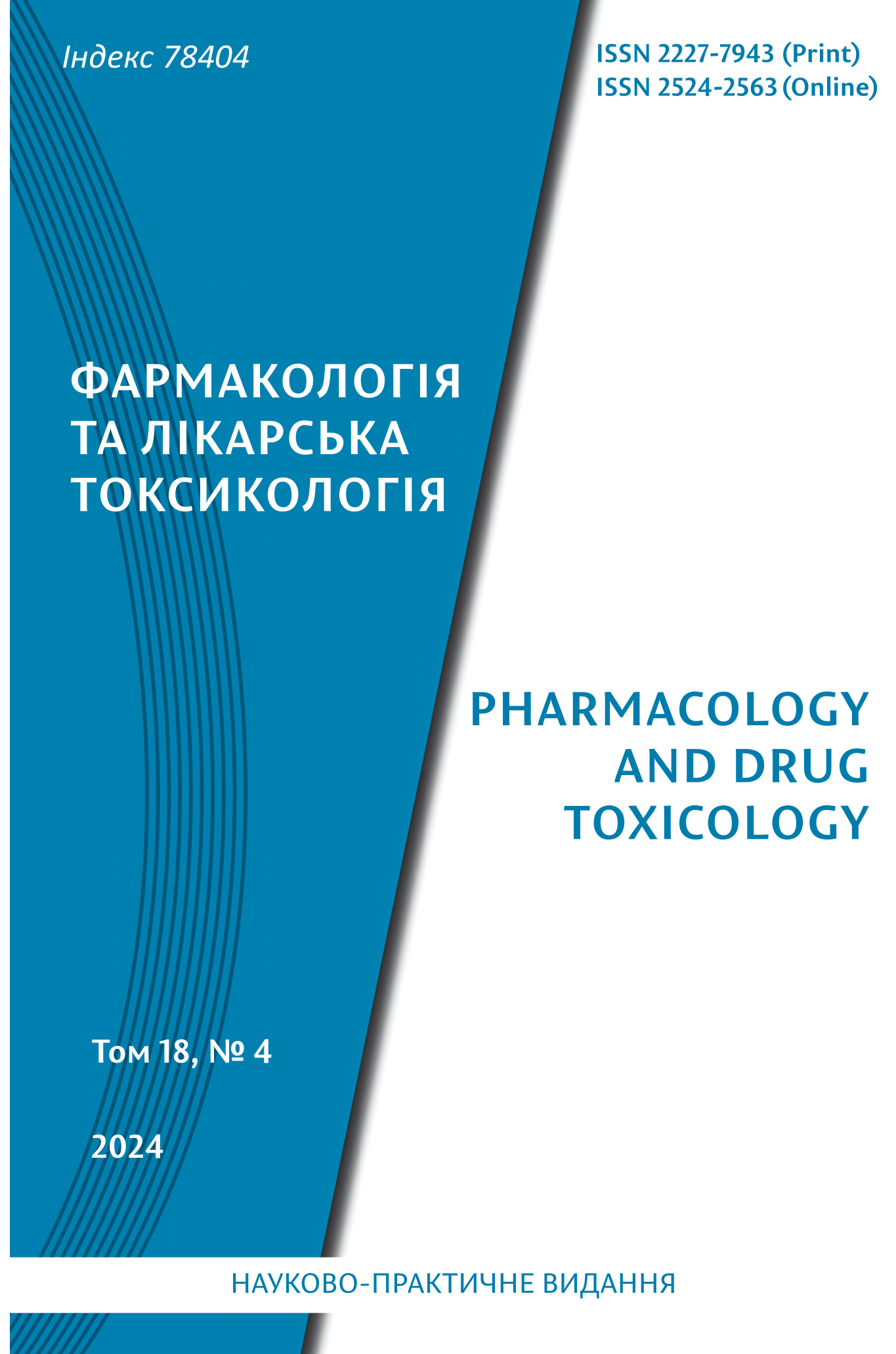Abstract
Stress disorder The NF-κB and Nrf2 signaling pathways play a key role in regulating of the systemic inflammatory response and oxidative-nitrosative stress in the mammalian heart. Quercetin acts as a modulator of these transcription factors; however its effect on nitric oxide (NO) metabolism under conditions of surgical trauma and post-traumatic stress disorder (PTSD) remains poorly understood. The purpose of this study is to investigate the effect of quercetin on nitric oxide metabolism in the hearts of rats following surgical trauma under the exposure to experimental post-traumatic stress disorder. The study involved 21 male Wistar rats weighing 210–230 g, which were divided into three groups: group 1 consisted of intact animals (Control I); rats in the other groups underwent laparotomy and were subjected to a single prolonged stress for 7 days. These rats were then administrated (intragastric) daily with either 1 ml of isotonic sodium chloride solution («placebo», Control II) or quercetin in the form of a water-soluble complex with polyvinyllpyrrolidone (Corvitin, Borshchagivsky Chemical Plant, Ukraine) at a daily dose of 100 mg/kg.
The study has revealed that quercetin administration under the experimental conditions reduced total
NOS activity by 31.8% (р < 0.01) compared to Control II. The use of quercetin also led to a significant decrease in iNOS activity by 34.2% (р < 0.001) compared to Control II. At the same time, peroxynitrite levels decreased by 22.0% (р < 0.001).
We can conclude that the water-soluble form of quercetin shows cardioprotective potential for use in treating conditions associated with systemic inflammatory response and nitrosative stress, particularly in cases of surgical trauma combined with post-traumatic stress disorder.
